Beans from Scratch
Michelle isn't serving up samples right now, so she's serving up kitchen tips instead! Here's her tried and true approach to cooking dry beans, plus some extra tips for upping your flavor, saving time, and cook other legumes. (Ingredients and modifications are below the video.)
Ingredients
- Beans
- Water
- Salt
ONE cup of dried beans will yield THREE cups of cooked beans.
1. Pour beans onto clean cloth, plate or sheet pan and inspect for rocks or beans that are funky looking. Rinse beans.
2. Soak, soak, soak. Put the beans in a large bowl or pot, add cold water (at least 3 inches of water above the beans) and let soak overnight. Let them soak in lots of water, as it will ensure each bean has lots of water absorption. Massage the beans, rinse and refill water several times during the soak period.
3. After soaking the beans, drain and rinse and put in a large pot. Add fresh water to cover the beans 2-3 inches. The cooking vessel size is important. Bigger is better as the cooking will be more even if each bean has room to cook. Bring to boil for a few minutes. Scrape any foam off the top, as needed.
4. Cover beans, lower heat and let simmer on a gentle boil until the beans are done to the point you wish. If your pot is not deep enough, leave the lid ajar so the beans don’t get foamy and boil over.
5. At this point you can add a 3-4 inch piece of Kombu seaweed if you wish. Lift out the Kombu if it starts to break apart. Give the Kombu a taste, as you may enjoy the delicious snack that it is.
6. Stir the beans occasionally. The beans should take about 1-2 hours to be cooked through.
7. Salt the cooked beans to taste. One cup of (dried) beans to one teaspoon of salt is a good ratio.
8. If you have a lot of the cooking liquid, you can drain it from the beans and bring the liquid back to heat to reduce to a creamy consistency. You can enjoy the juice with the beans or you can use the bean cream to flavor just about any soup, braise or even pasta sauces.
Note:
- Cooking garbanzos (chickpeas) may take double the time to cook.
- Kidney beans need extra soak time, lots of rinses and longer cook times. Canned kidney beans are a good alternative.
- Lentils and split peas do not need any soak time, just a good rinse.
- If you have an Instapot, crockpot or pressure cooker, cooking beans is even easier. Follow the instructions with your appliance.
- Remember to check out the Ashland Food Co-op website for lots of fabulous tried-and-true bean recipes.
- You can add flavor components and aromatics toward the end of cooking. Beans really are better day 2 and day 3, so make plenty. Beans will keep well for about 5 days in the fridge, 3 months in the freezer.
Here are flavor profile ideas for different bean types and can be enjoyed as a cold salad, soup, stew, chili, cassoulet, entree, burger, fritter, or a creamy hummus-like dip:
Pinto: Just salt!
Black bean: Thyme, cumin seed, paprika, bay leaf, onion, garlic, bell pepper.
Black eyed peas: Thyme, black pepper, chili flakes, onion, garlic, olive oil.
White beans of all sorts: Rosemary, thyme, sage, bay leaf, parsley, celery, carrots, onion, garlic.
Garbanzo: Leave plain to make hummus or make chickpea marsala with mustard seed, cumin seed, turmeric powder, coriander, fresh ginger, cilantro, onion and garlic.
More Co-op News
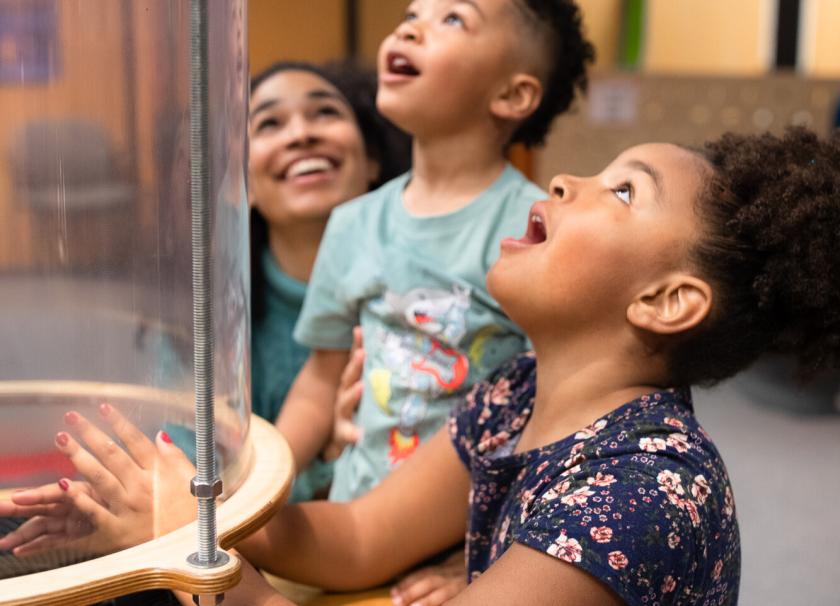
April Change for Good: ScienceWorks
ScienceWorks: Growing Sustainably, Connecting Community
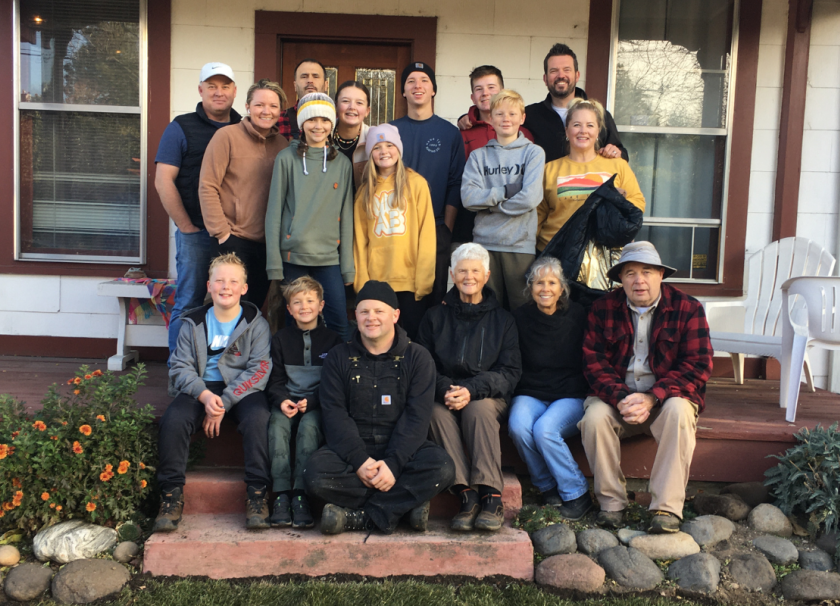
March Change for Good: Parker House Project
Homelessness remains a serious issue in Southern Oregon, and women—especially single women and mothers with children—face unique challenges when seeking shelter and stability. That’s where Parker House Project comes in.
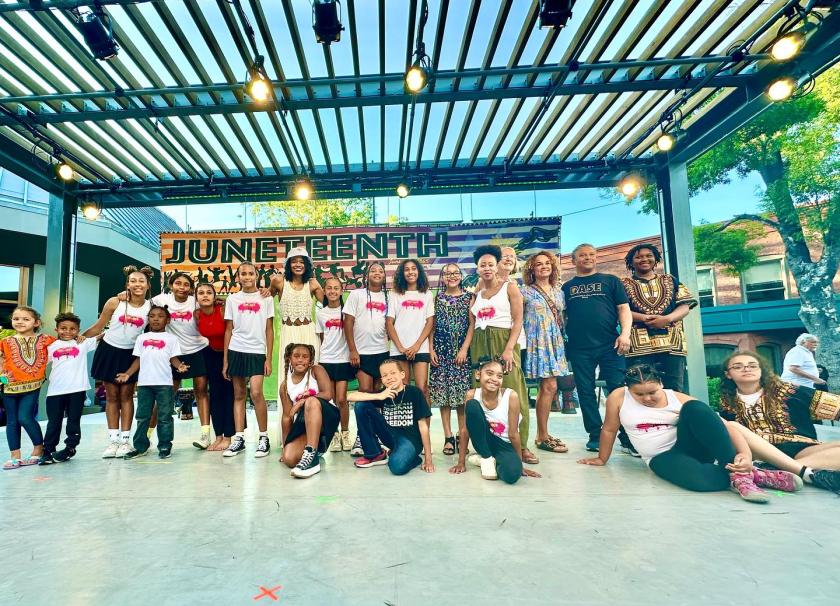
February Change for Good: BASE Southern Oregon
This February, Ashland Food Co-op is proud to support BASE Southern Oregon as our Change for Good partner! BASE (Black Alliance & Social Empowerment) is a nonprofit dedicated to uplifting and empowering Black residents in Southern Oregon through events, resources, and advocacy.
Your donations at the register all month long will help BASE continue their impactful work, and there are plenty of ways to get involved! Here’s what’s coming up:

January’s Change for Good Partner – Community Works
At Ashland Food Co-op, we’re thrilled to kick off the new year by supporting Community Works, our January Change for Good partner. This incredible organization is dedicated to empowering individuals affected by domestic and sexual violence through crisis support, safe housing, and community outreach. Community Works provides services that are free, confidential, and open to all genders, ensuring that no one faces these challenges alone.
Here’s how Community Works is making a difference and how you can get involved:
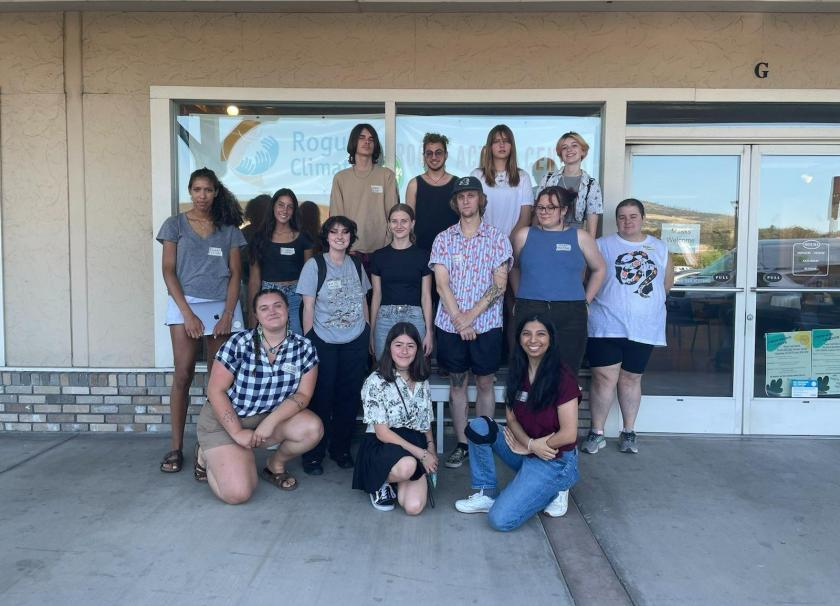
Ashland Food Co-op's December Change for Good Partner: Rogue Action Center
This December, Ashland Food Co-op is proud to partner with Rogue Action Center (RAC) as part of their Change for Good initiative. RAC is dedicated to cultivating organizing power and leadership to create a more just and thriving Southern Oregon. Their mission focuses on building community power for Housing Justice, Racial Justice, and Queer & Trans Liberation. They achieve this through a combination of base building, youth-centered leadership development, coalition building, and advocacy campaigns aimed at transforming societal rules.

Our November Change for Good Partner: SOESD Indian Education Fund
Each month, the Ashland Food Co-op partners with a local nonprofit through our Change for Good program. This November, we are proud to feature the important work of the Southern Oregon Indian Education Department (SOESD) Indian Education Fund.
The Change for Good program allows our shoppers to round up their total at the register, with the extra change going to support a different local nonprofit each month. The funds collected make a meaningful difference for these organizations and the communities they serve.
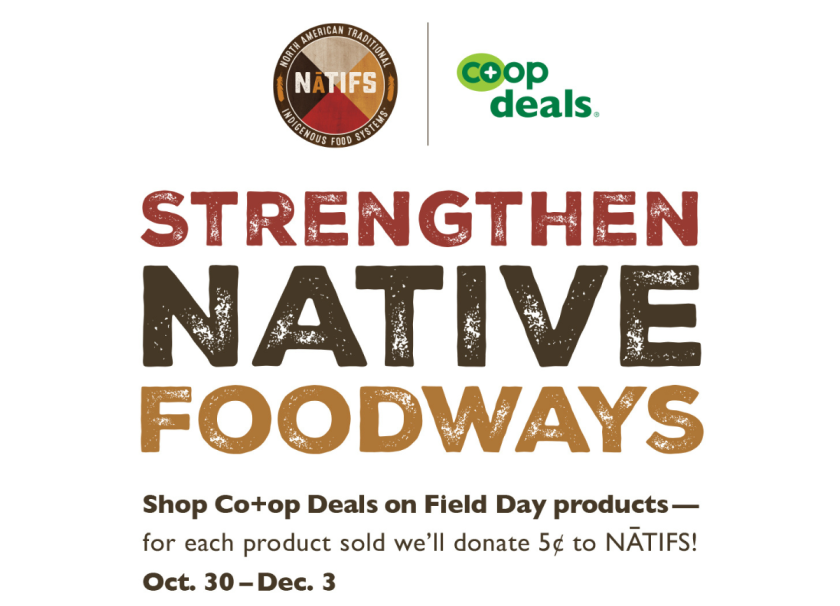
Save on Field Day Items and Support Native Foodways
This November, get ready for gatherings with friends and family with big savings on all Field Day products at your co-op. Save on more than 270 Field Day items — from maple syrup to wild-caught tuna to paper towels — from Oct. 30 through Dec. 3. Field Day is our value brand that offers high-quality, delicious food and household products at more affordable prices every day through Co+op Basics, making this savings event even more spectacular. Our lowest prices will be even lower!
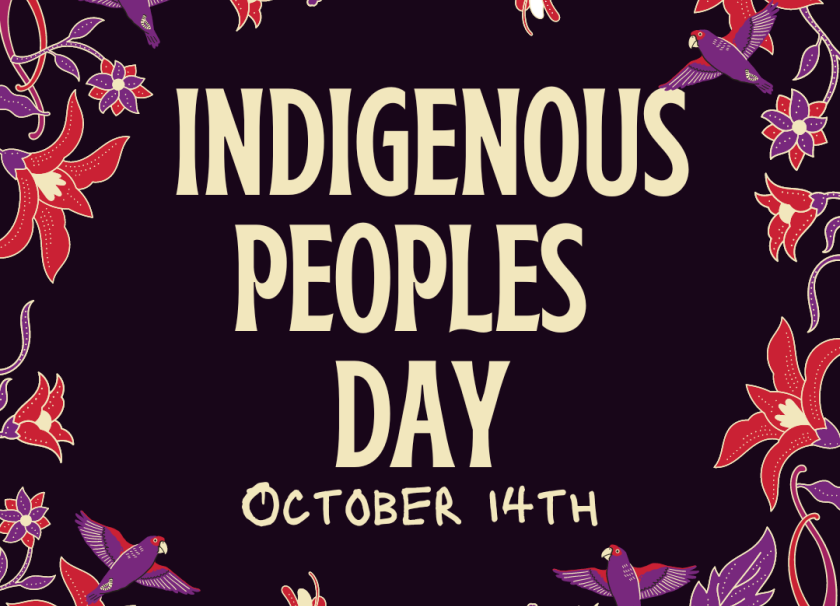
Indigenous Peoples’ Day: Honoring Native Heritage
Indigenous Peoples' Day is a holiday that celebrates and honors Native American peoples and commemorates their histories and cultures. It's observed on the second Monday in October, coinciding with the federal holiday of Columbus Day in the United States.
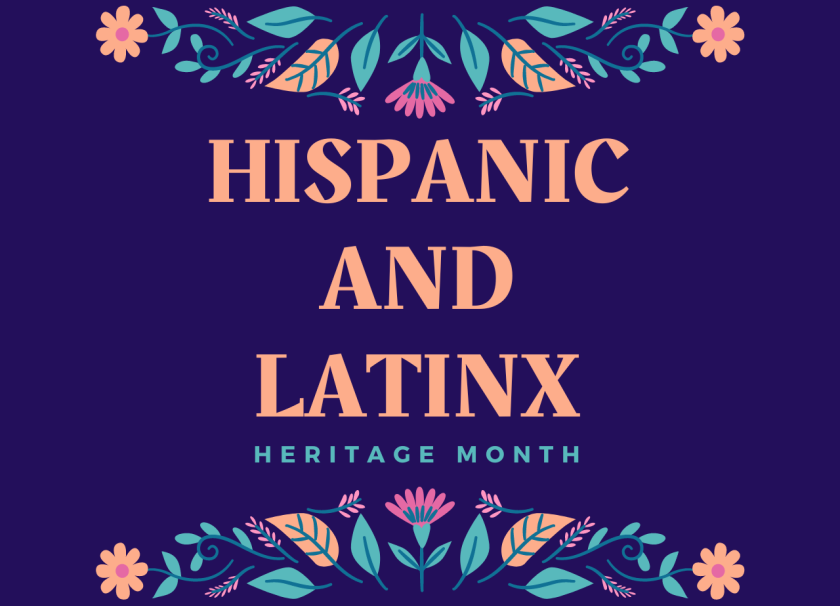
Celebrating Hispanic and Latinx Heritage
September 15th marks the beginning of Hispanic Heritage Month, a time to recognize and celebrate the contributions, diverse cultures, and rich histories of Americans with ancestry from Spain, Mexico, the Caribbean, and Central and South America.
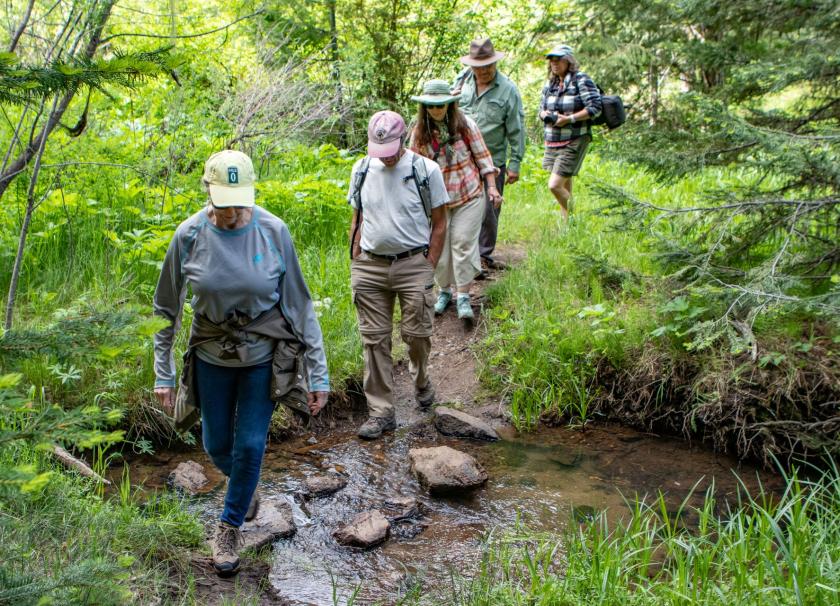
September Change for Good Partner: Friends of Cascade-Siskiyou National Monument
At Ashland Food Co-op, our commitment to community and sustainability is at the heart of everything we do. This September, we’re proud to shine a spotlight on our Change for Good partner, Friends of Cascade-Siskiyou National Monument (Friends of CSNM). This dedicated organization works tirelessly to protect, restore, and conserve the natural beauty of the Cascade-Siskiyou National Monument through service, advocacy, and education.
Stewardship in Action: Restoring Riparian Areas
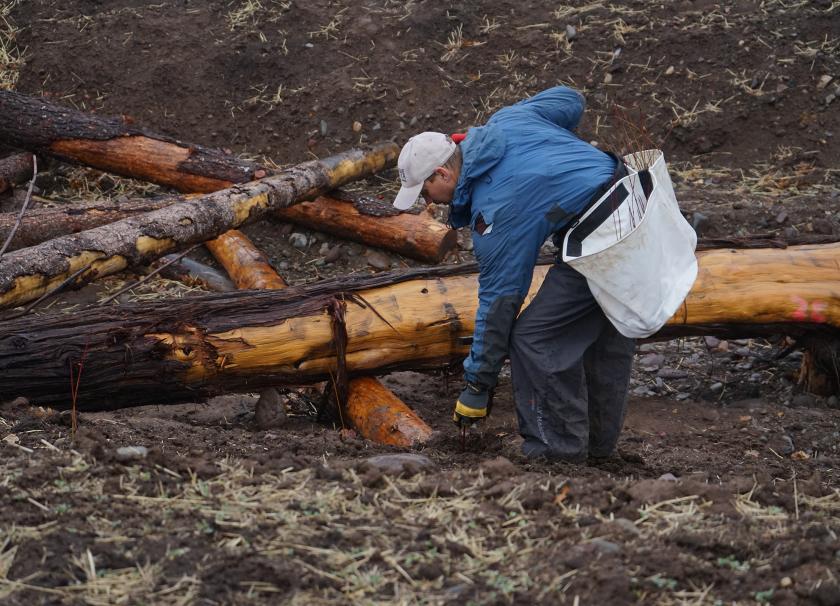
August Change for Good Partner: Rogue River Watershed Council
At Ashland Food Co-op, we are dedicated to fostering a vibrant and sustainable community. Each month, our Change for Good program partners with a local organization to support their mission and amplify their impact. For August, we are thrilled to announce our partnership with the Rogue River Watershed Council (RRWC).
Who is the Rogue River Watershed Council?
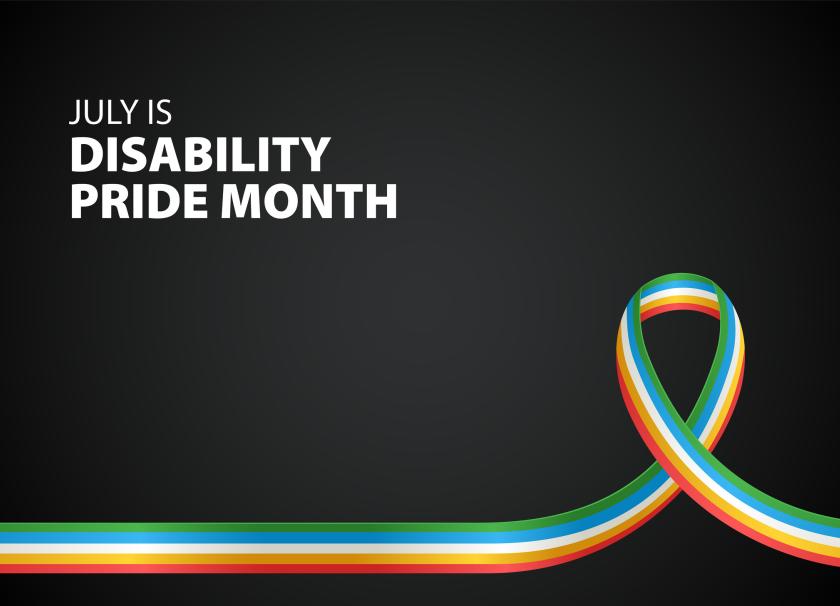
Disability Pride Month
Disability Pride Month, first celebrated in 1990, commemorates the signing of the Americans with Disabilities Act (ADA). This landmark legislation prohibits discrimination based on disability and ensures equal opportunities in all areas of public life. Disability Pride Month promotes visibility and mainstream awareness of the positive pride felt by people with disabilities.
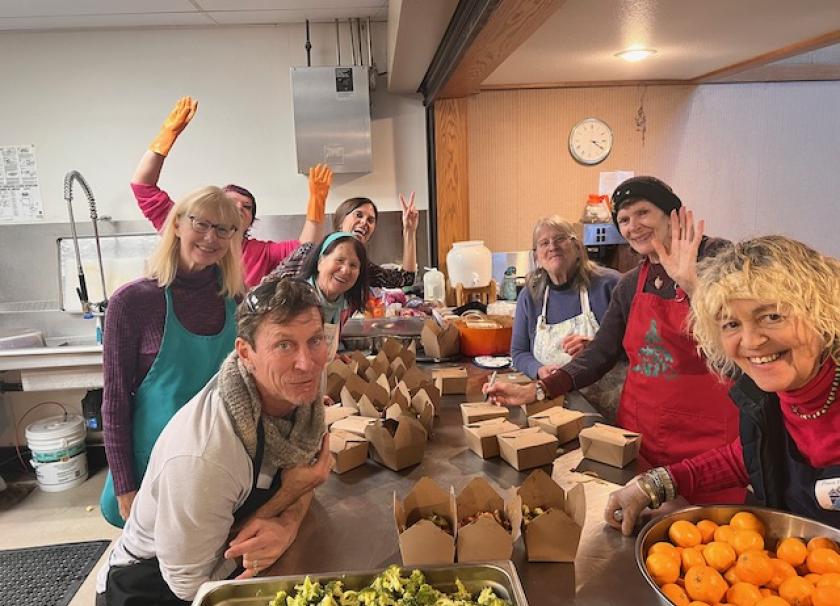
July Change for Good Partner: Peace House
Meet our July Change for Good partner - Peace House! This incredible organization has been a cornerstone of our community, dedicated to building a culture of peace through compassionate actions that support human rights and justice for all.
About Peace House
Peace House has a broad and impactful mission. Their work spans several critical areas, including:
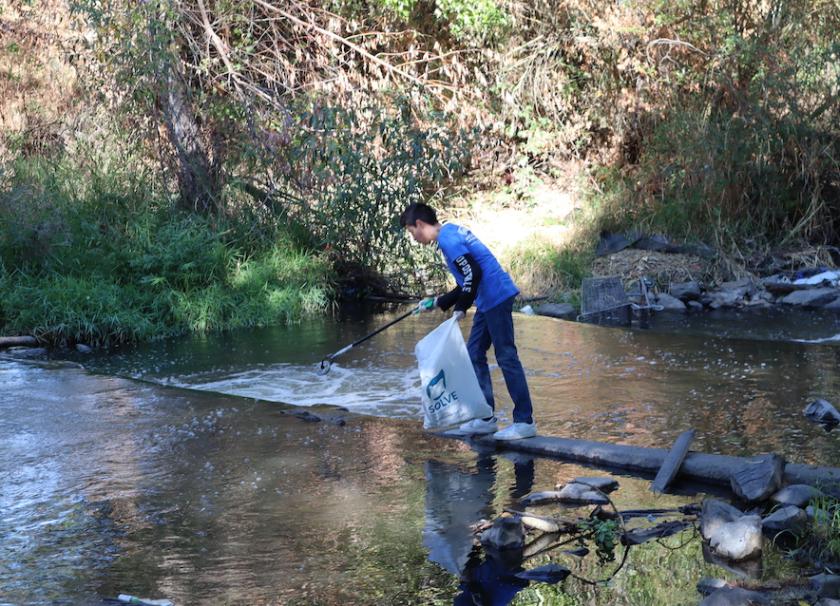
Supporting Stream Smart: Our June Change for Good Partner
We are delighted to announce our June Change for Good partner, Stream Smart, a remarkable local organization dedicated to improving the health of our streams and rivers.
What is Stream Smart?
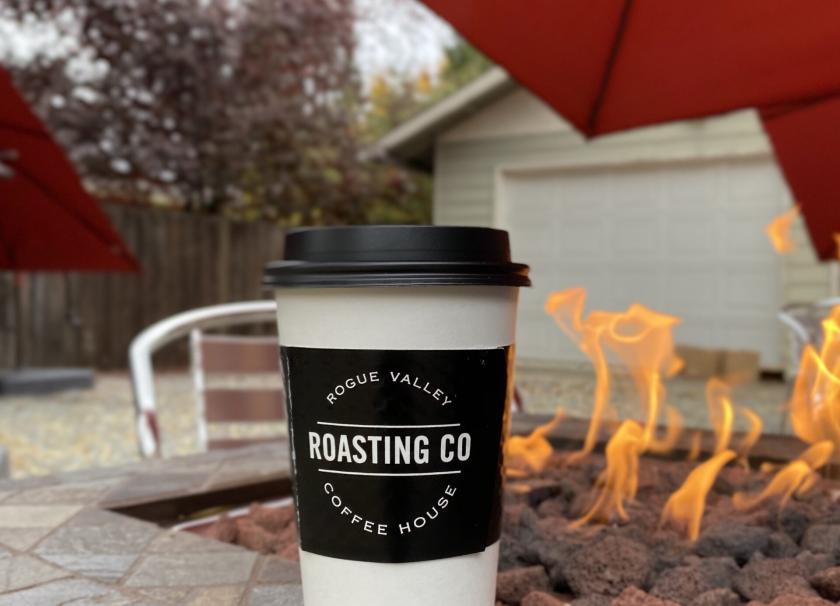
Co-op, Community and Coffee
We are thrilled to announce that the Ashland Food Co-op has purchased the Rogue Valley Roasting Company (RoCo) from longtime owner, Dustin Way.
